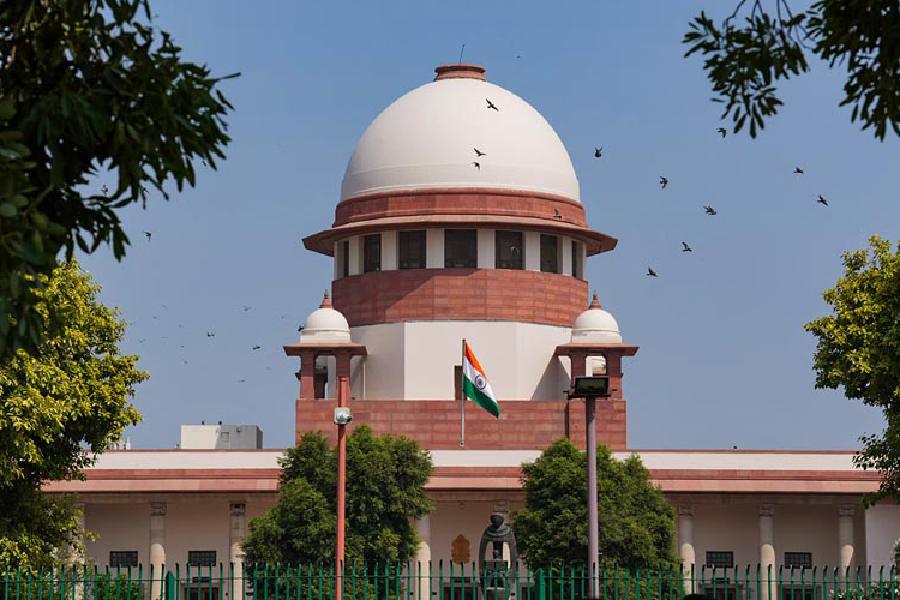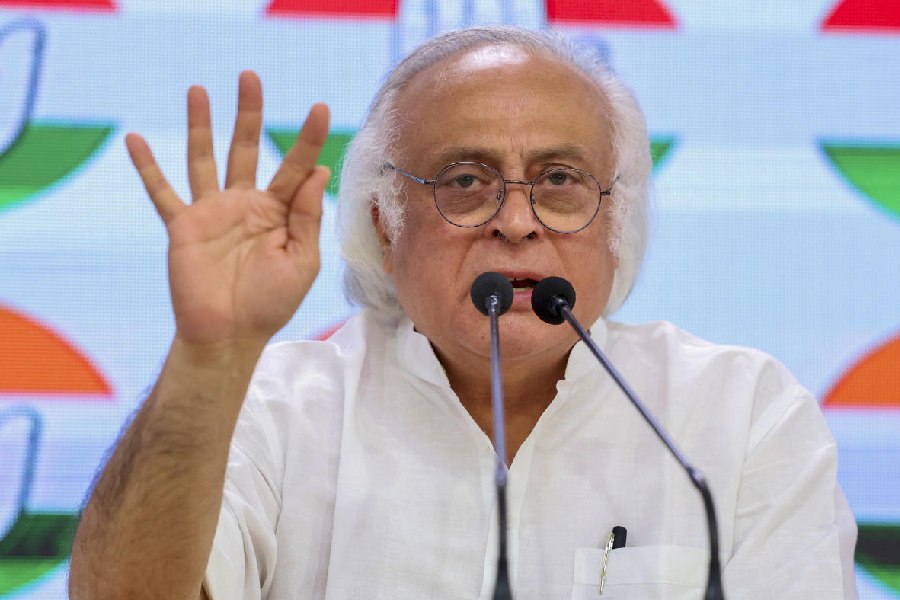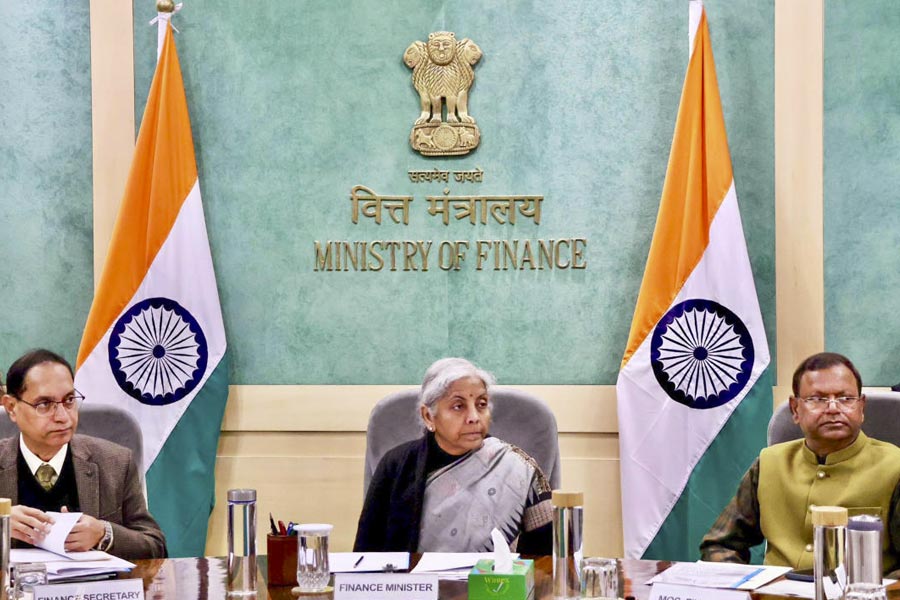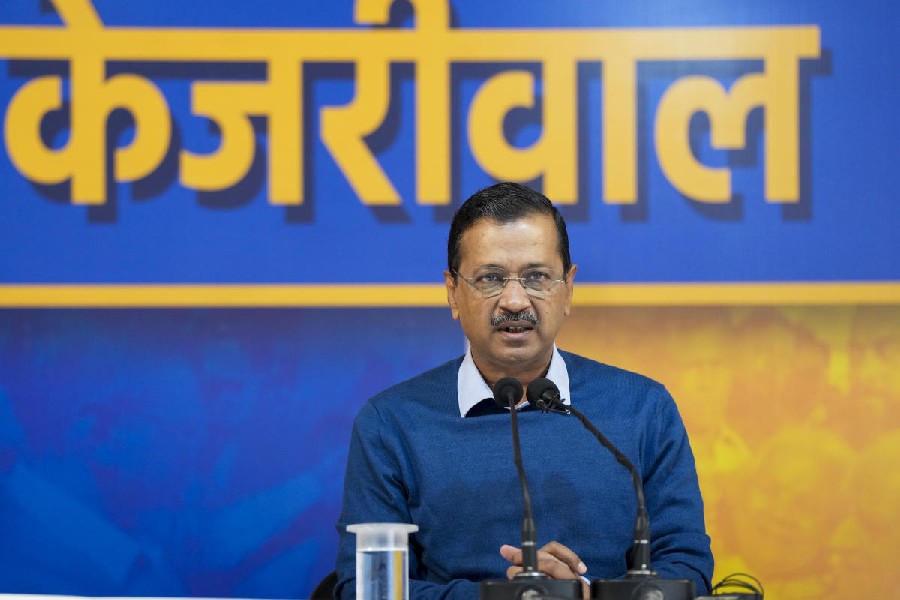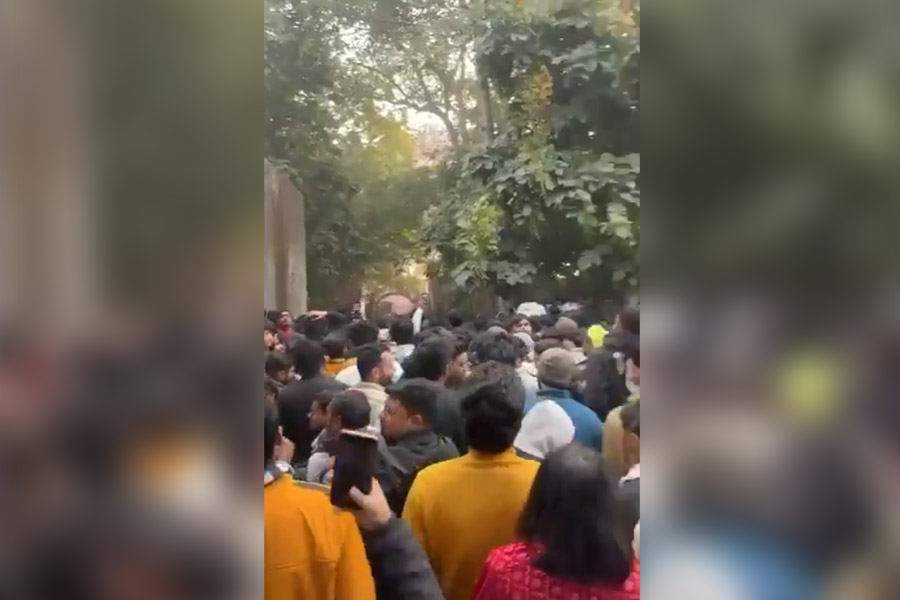The Supreme Court has listed guidelines for trial courts to follow before holding a person guilty of an offence such as murder based on circumstantial evidence when there are no eyewitnesses.
The court acquitted a life convict, Arun Shankar, of a murder that occurred 21 years ago in Madhya Pradesh.
The apex court listed the following factors to be considered for trying an accused on circumstantial evidence in terms of the decision of the Supreme Court in the case of Sharad Birdhichand Sarda vs State of Maharashtra 1984.
The circumstances from which the conclusion of guilt is to be drawn should be fully established.
1. The facts so established should be consistent only with the hypothesis of the guilt of the accused, that is to say, they should not be explainable on any other hypothesis except that the accused is guilty.
2. The circumstances should be of conclusive nature.
3. They should exclude every possible hypothesis except the one to be proved.
4. There must be a chain of evidence so complete as not to leave any reasonable ground for the conclusion consistent with the innocence of the accused and must show that in all human probability, the act must have been done by the accused.
The sessions court convicted the appellant/accused for the offences punishable under Sections 302 and 201 of the Indian Penal Code vide the judgment dated March 13, 1995. He was sentenced to undergo life imprisonment. The decision of the sessions court had been confirmed by the high court on December 5, 2017. The case is based on circumstantial evidence.
“The prosecution has not come out with a case that there was some motive on the part of the appellant for killing the deceased. Neither PW-2 nor PW-6 stated that on September 29, 1993, there was any dispute or altercation between the appellant and the deceased. Thus, the deceased being in company of the appellant on September 29, 1993, was not an unusual circumstance. This makes the case based on the theory of last seen together very weak in absence of motive,” a bench of Justice Abhay S. Oka and Justice Ujjal Bhuyan said in a recent judgment.

